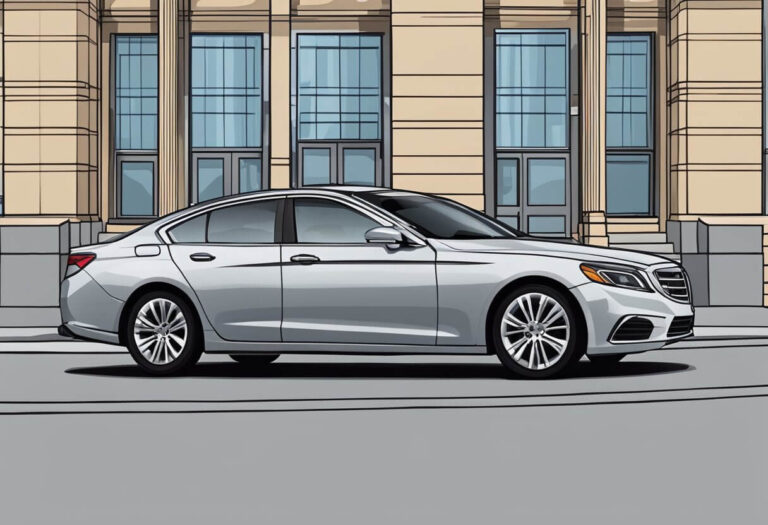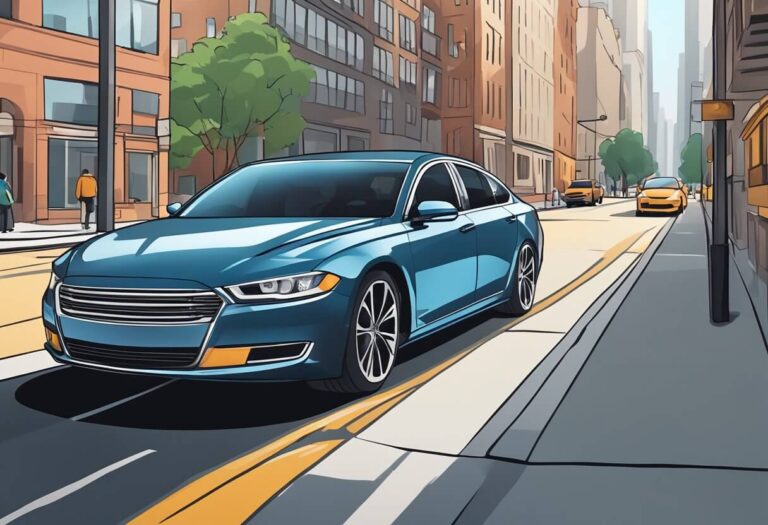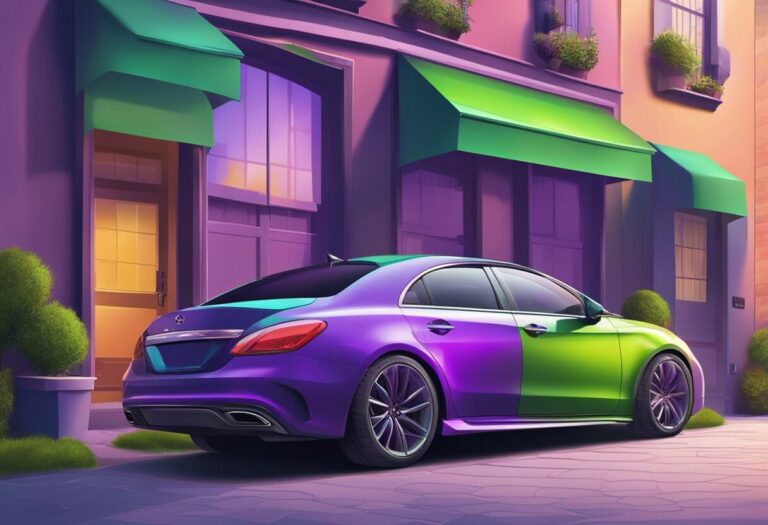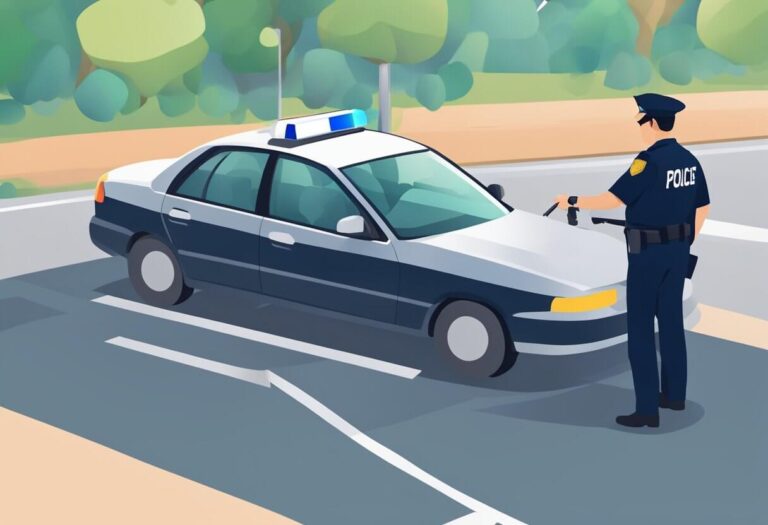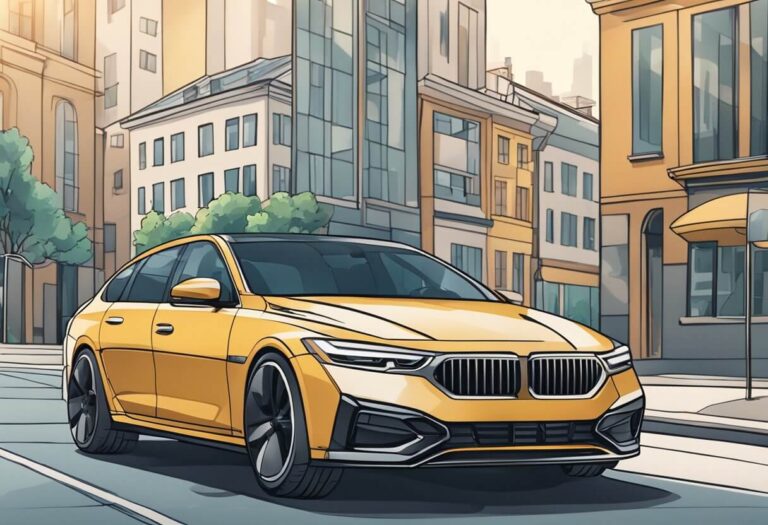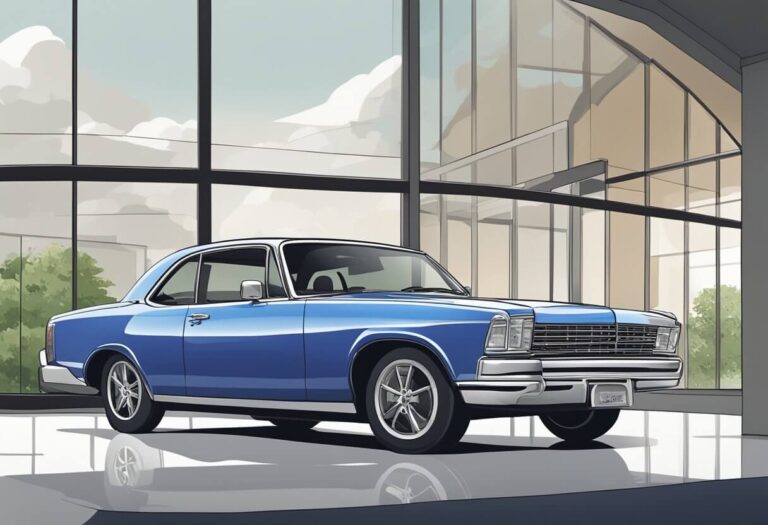Is 5% Window Tint Legal in North Carolina? 2024 Guide
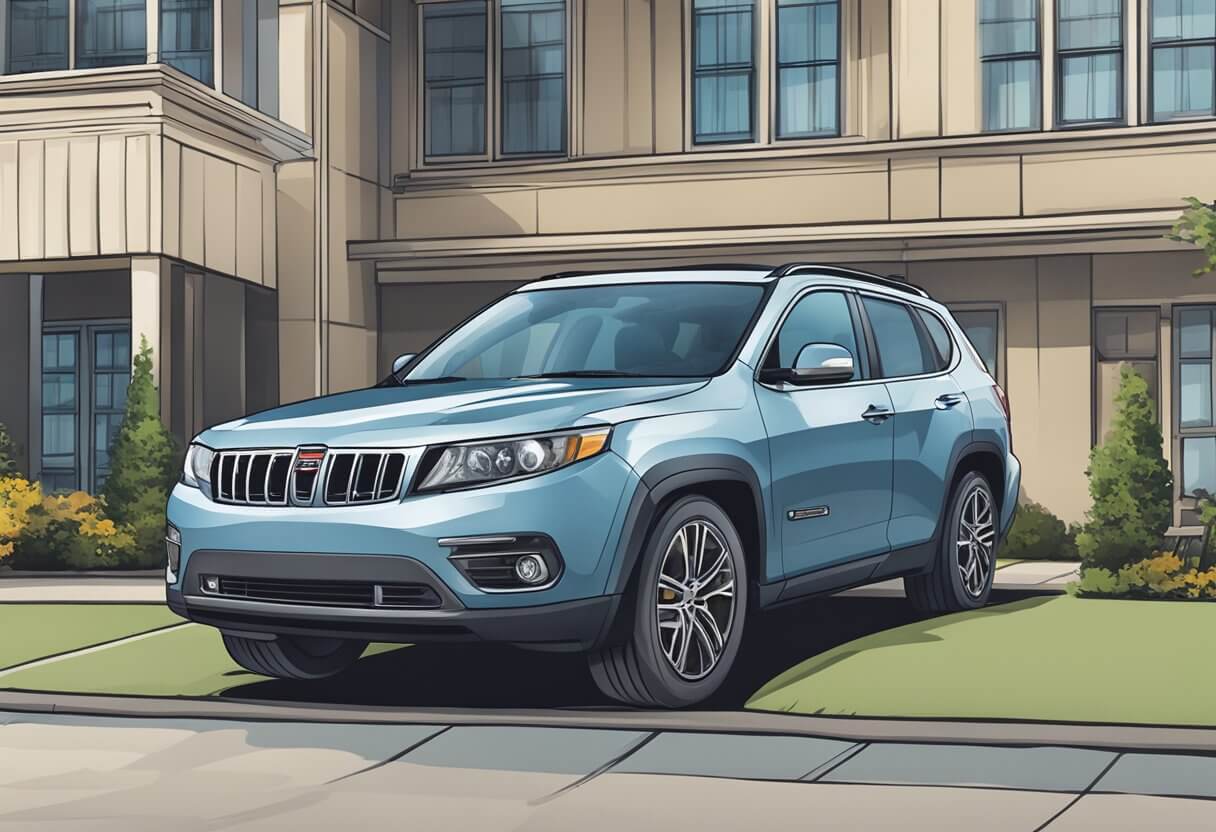
Living in the sunny state of North Carolina means dealing with glare and heat from the sun, especially during those long summer months. Many drivers choose to get their car windows tinted to find relief.
But how dark of a tint is actually legal in NC? Can you have a super dark 5% vinyl film and not worry about getting ticketed?
The short answer is no – 5% tint is not legal on all car windows in North Carolina. While multi-purpose vehicles like vans and SUVs can have 5% window tint on backseat and rear windows, North Carolina regulations prohibit sedans from having darker than 32% tint on any windows.
In this comprehensive guide, we’ll breakdown exactly what the window tinting laws and exceptions are in NC, discuss why rules exist in the first place, and explain what happens if you’re caught driving around with darker than legal limit window tint.
Overview of Window Tinting and Why It’s Popular
Installing tint film on car windows has become an increasingly common vehicle modification over the years for a few major reasons:
- Privacy – Darker tinted windows reduce the ability to see inside the car from the outside. This added privacy is appealing to many drivers.
- Glare reduction – Window tint can significantly decrease glare and eye strain from bright sun in the summer. This also helps protect car interiors from sun damage over time.
- UV protection – By blocking more intense sun rays, quality car window tints provide improved protection against UV radiation exposure.
- Aesthetics – Particularly with luxury, sports, or blacked-out vehicles, darker window tint simply looks sleek and stylish to some car owners.
With these benefits in mind, it makes sense why many North Carolina drivers want to darken their car window tint as much as possible. This is where understanding the state laws comes into play…
What are North Carolina’s Window Tinting Laws?
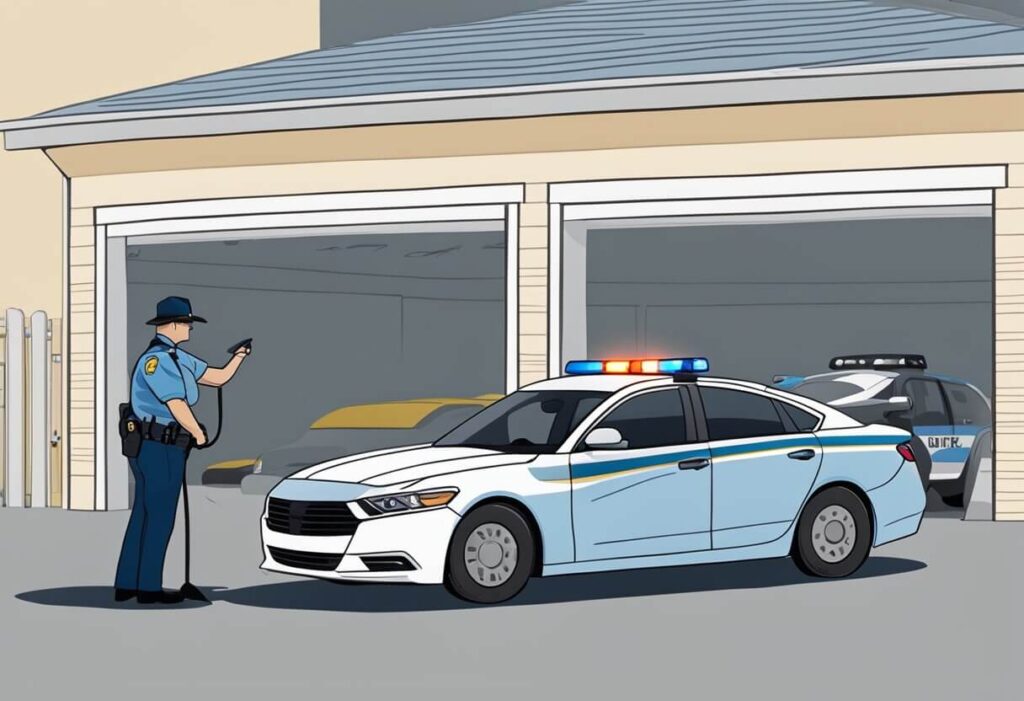
In North Carolina, the current window tint laws were enacted in 2001 under G.S. 20-127.
These state regulations mandate allowable limits on two key aspects:
- Window Tint Darkness – Measured as percentage of visible light transmission (VLT%) through the tinted glass
- Window Tint Reflection – Measured as percentage of external light reflected by the film
Additionally, the NC tinting rules and regulations have exceptions for certain vehicle types and medical exemptions in some cases.
Permitted Levels of Window Tint by Vehicle Type
The darkness and reflection thresholds permitted depends on whether your car is classified as a passenger vehicle (i.e. sedan) versus a multi-purpose vehicle (i.e. SUV, van, pickup truck).
Passenger Vehicles
- Windshield:
- Non-reflective tint allowed above AS-1 line
- Only top 5 inches can be tinted
- Front/Back Side Windows:
- Minimum 32% VLT
- Maximum 20% reflective tint
- Rear Window
- Minimum 32% VLT
- Maximum 20% reflective tint
So for all windows besides the top portion of the front windshield, 32% is the darkest permissible tint level for regular sedans and coupes.
Multi-Purpose Vehicles
- Windshield:
- Same rules as passenger vehicles
- Front Side Windows
- Minimum 32% VLT
- Maximum 20% reflective tint
- Back Side and Rear Windows:
- No tint darkness or reflection limit
That last point is key – state law does not restrict VLT% or reflective levels on rear passenger or cargo area windows of vans, SUVs, and trucks. This effectively permits even limo-style 5% tint legally.
Medical and Special Exemptions
There are a few scenarios where NC tint laws offer exemptions or exceptions beyond the above guidelines:
- Law Enforcement & Emergency Vehicles – Police, fire department, and ambulance vehicle window tinting is not constrained by the legal limits.
- Medical Waivers – Those with qualifying medical conditions like lupus or skin cancer may receive sign-off from a doctor to exceed standard limits. However, 5% tint even on just front windows is highly unlikely to ever be approved.
- Commercial Vehicles – Special rules apply for passenger vehicles for hire, property hauling trailers, motor homes, and more.
So in summary, multi-purpose vehicles have more flexibility by default with rear windows, and certain individuals can request exemptions through authorized channels. For all regular civilian sedans however, there are no exceptions that permit extra dark tint.
Rules on Window Tint Appearance
Beyond just the darkness and reflectiveness, North Carolina window tint laws also regulate other aspects of appearance:
- Color – Yellow, red, or amber tint is prohibited. Blue, gray, black, and other colors are fine.
- Stickers – No rear window stickers or labels are required to identify legal tint.
- Mirrors – Dual exterior side mirrors are mandated if the rear window is tinted.
Can You Have 5% Window Tint in North Carolina?
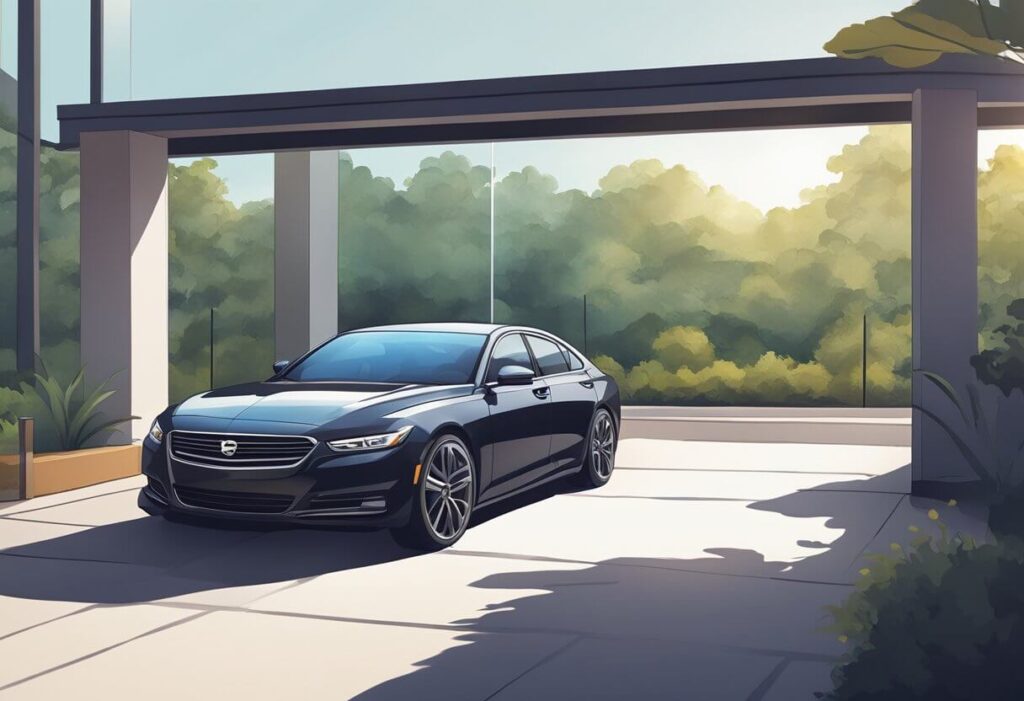
Now that we’ve covered the regulations and exceptions around window tinting in NC vehicles, let’s focus specifically on whether it’s possible to have super dark 5% VLT film installed legally.
5% Tint on Front Car Windows
Due to the state’s 32% minimum visible light transmission requirement described above, 5% tint is not legal on front car windows for any civilian vehicles in North Carolina.
The only exception where darker front window tint may be permitted is if you obtain a specialized medical waiver from the NCDMV Medical Review Program. However, it is very rare for a waiver to be granted for tint darker than 20%, let alone 5%.
So in effect, 5% is off the table for driver and passenger front side windows.
5% Tint on Rear and Backseat Windows
For sedans, coupes, and other passenger vehicles, the story remains the same – rear side and back windows must comply with the 32% VLT minimum requirement. So 5% rear window tint is also illegal in North Carolina.
However, due to the exceptions noted above for multi-purpose vehicles regarding backseat and rear cargo area windows, SUVs, vans, and trucks can legally have 5% limo tint in these areas in North Carolina. This is the only scenario where you can have 5% tint without needing a special waiver.
Consequences of Getting Pulled Over with Illegal 5% Window Tint
Now you may be wondering what happens if you actually get pulled over by police with darker than legally allowed window tint in North Carolina. The consequences typically include:
- Citations or tickets over $100
- Requirement to remove excessively dark tint within a short time frame
- Failure to comply can result in fines over $200
So in summary, 5% window tinting is not legal in North Carolina except for rear windows of vans, SUVs and trucks. And getting caught with overly dark tint can become expensive to rectify.
Key Takeaways on NC Window Tint Laws
To wrap up this guide on whether 5% window tint is legal in North Carolina, remember these core facts:
- For sedans, up to 32% VLT tint darkness allowed on front side windows
- For SUVs/trucks/vans, no tint limit on backseat or rear windows – 5% tint allowed
- 5% tint is illegal on front side windows of any vehicle without authorized exemption
- Tinting front windshield glass is prohibited other than top 5 inches
- Violating window tint regulations results in $100+ citations
Ultimately the North Carolina laws seek to strike the right balance between allowing darker tints for privacy and glare reduction while still promoting public and traffic safety.
It’s important to be aware of these rules before assuming any VLT % tint can be installed without consequence. Consult a professional auto window tint shop to ensure compliance and safety.
Conclusion
We hope this comprehensive guide has helped explain if it’s possible or legal to have 5% limo tint on your North Carolina registered vehicle. While tricky exceptions exist, in most cases passenger cars and trucks will be subject to constraints on just how dark the window transparent film can be.
Ensuring your personal or commercial van, car, or fleet vehicle complies with these NC regulations ensures you avoid headaches and fines down the road. Contact us if you have any other window tint related questions!

